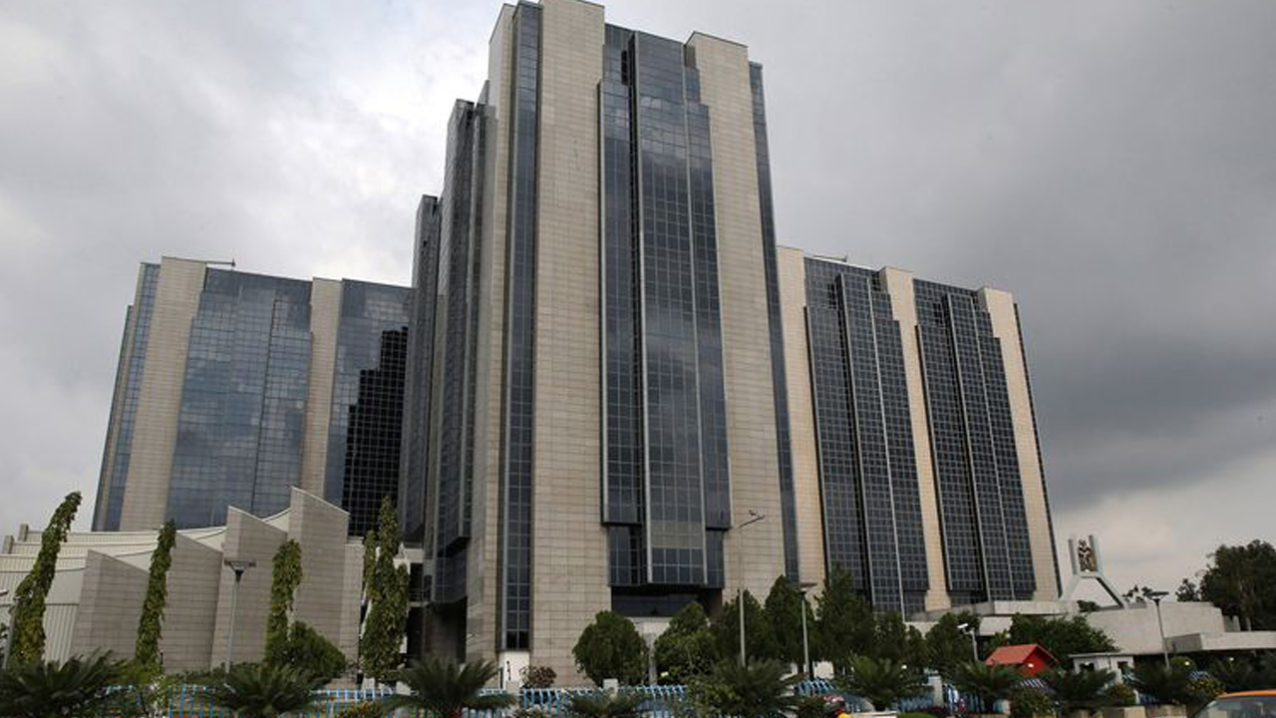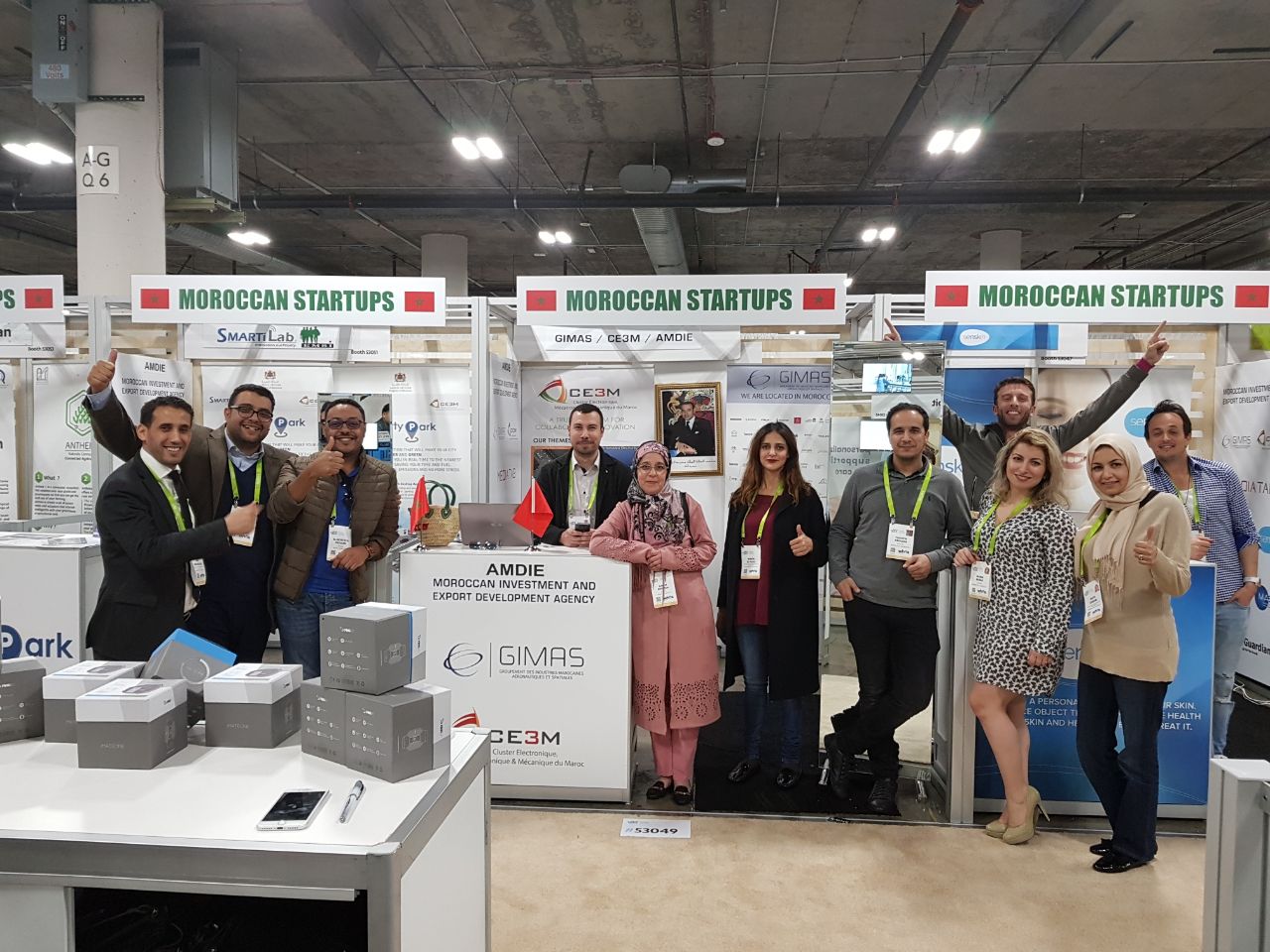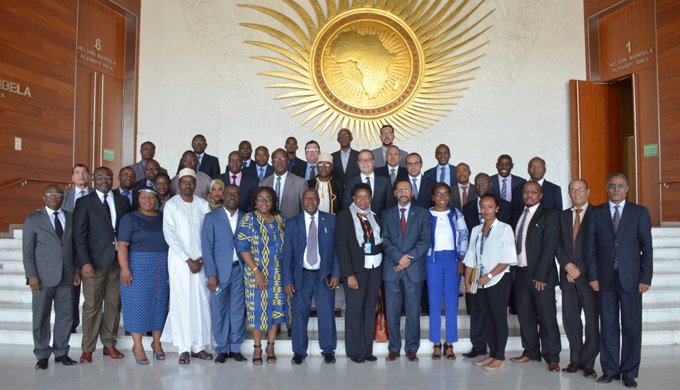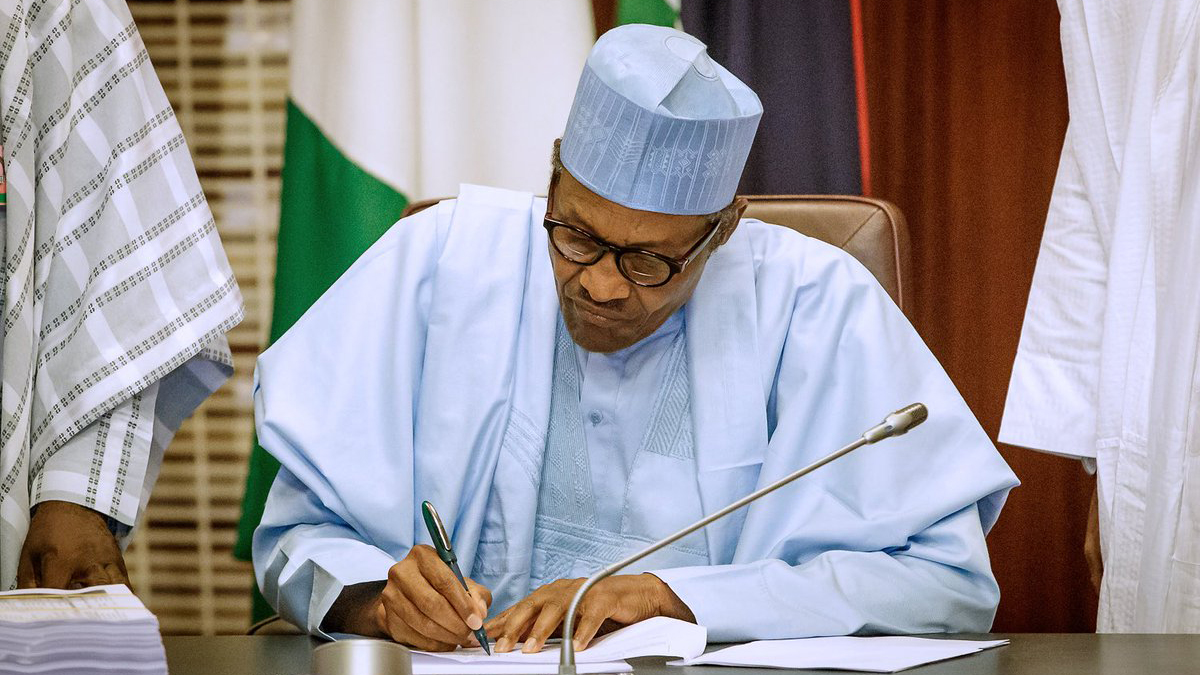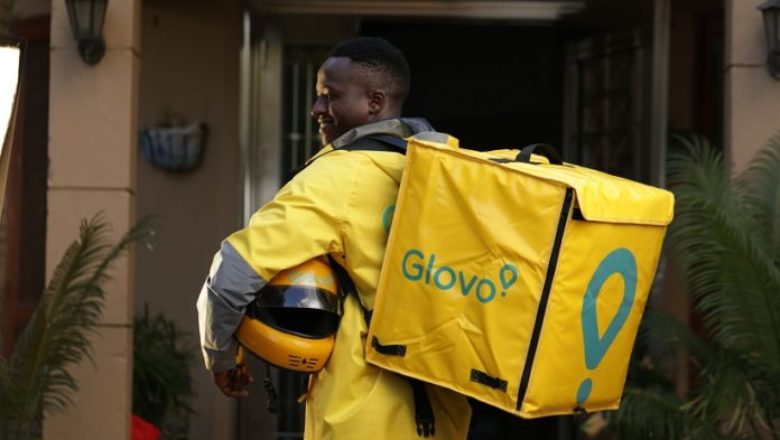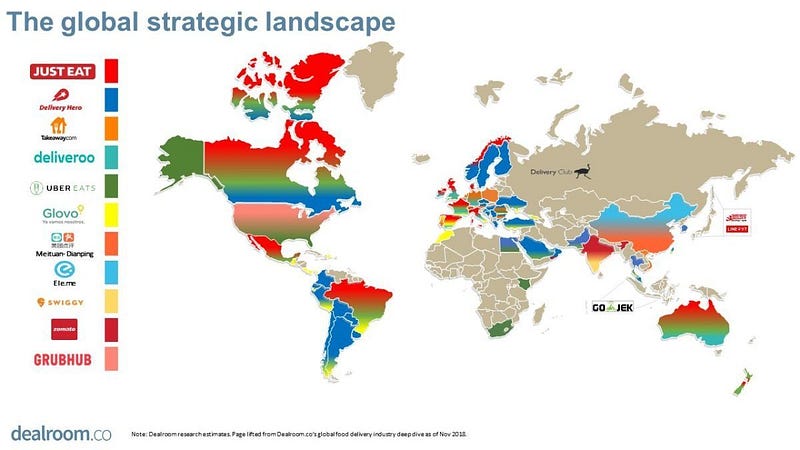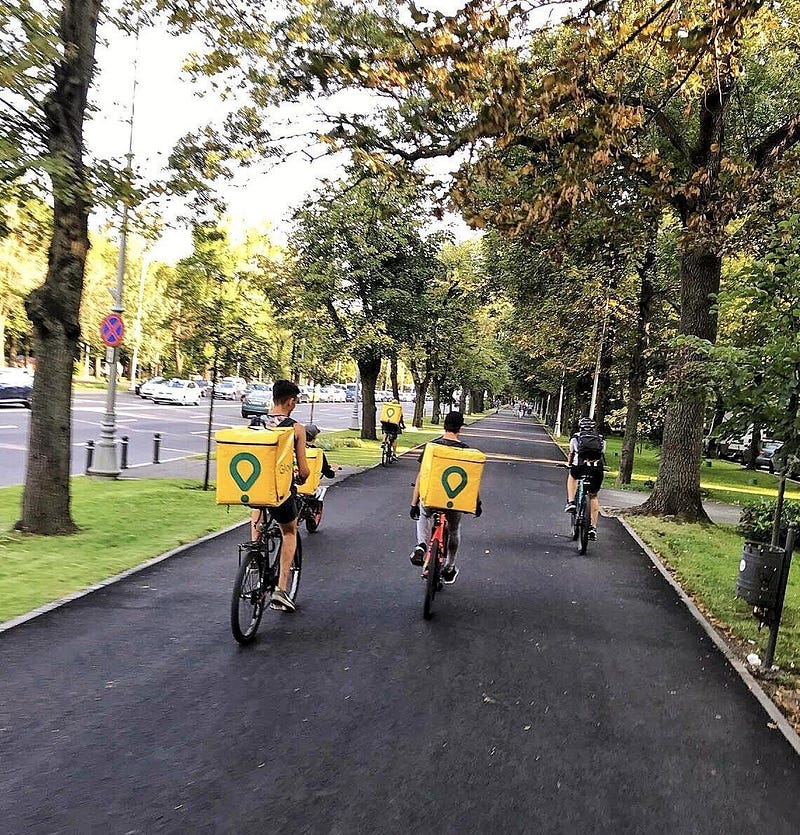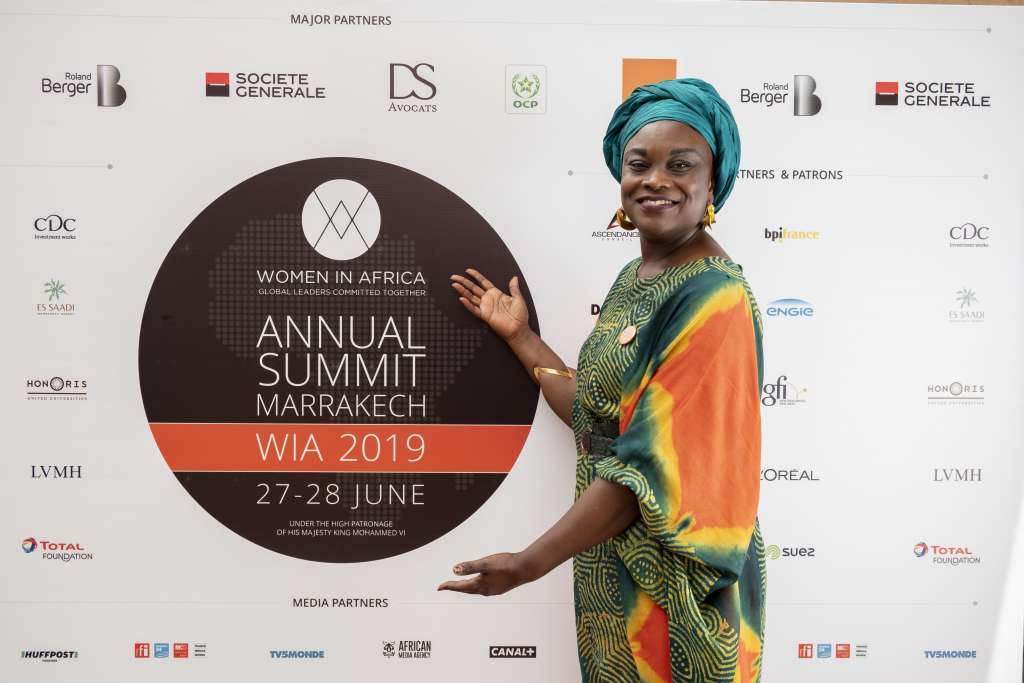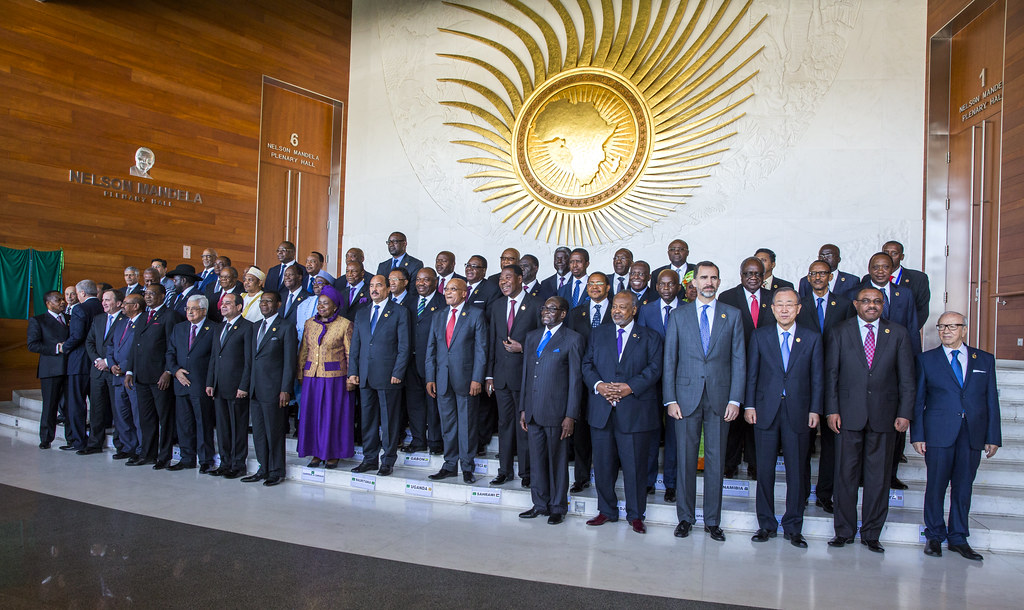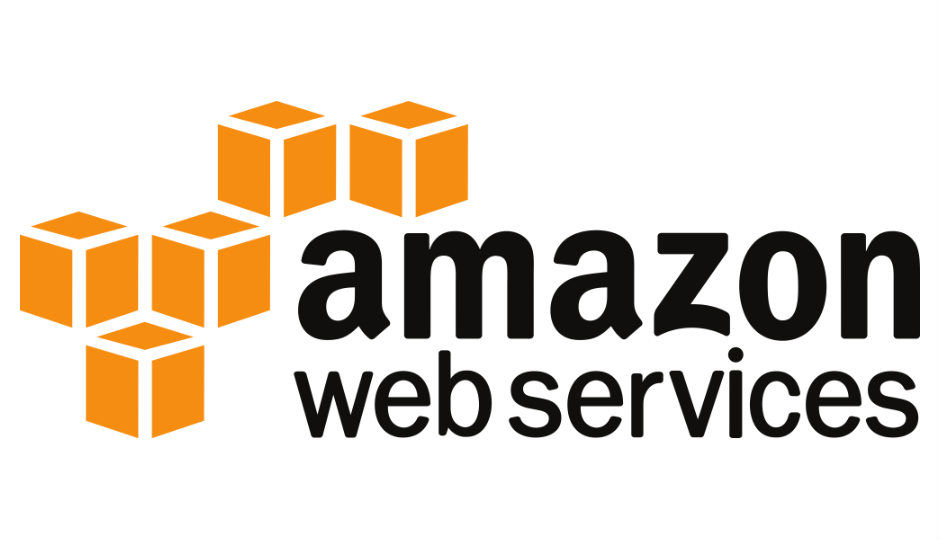Here Is The Nigerian Central Bank ’s Guidelines On How To Access Creative Industry Loan
Recall that the Nigerian Central Bank (CBN) in collaboration with the Bankers’ Committee recently introduced the Creative Industry Financing Initiative (CIFI) to improve access to long-term low-cost financing for entrepreneurs and investors in the Nigerian creative and information technology (IT) sub-sectors, as part of efforts to boost job creation in Nigeria, particularly among the youth.

The Bank has gone ahead to announce the modalities for the implementation of the initiative.
In Summary, The Procedure For Accessing The Loan Is As Follows:
Any person interested in accessing the loan should:
- Approach any bank of his/her choice with a business plan or statement detailing how much is needed for his/her business.
- The bank provides an applicant with the documentation requirements for accessing any of the loan types.
- The documentation requirement shall be acceptable by the respective bank for credit requests for its customers.
- The bank carries out due diligence of the application and documentation submitted.
- Successful applications are issued offer letters, which shall have therewith repayment schedules in accordance with the business dynamics
- The successful applicants shall accept the offer as well as meeting all the conditions specified in the offer letter precedent to draw down.
- The bank forwards successful application with copies of the offer letter to the Director, Development Finance Department, Central Bank of Nigeria for consideration and release of an aggregate of the facility amount to the bank for lending to a successful application.
- The bank disburses funds to successful applicants within ten days of receipt from the CBN
- The bank bears the credit risk and shall be responsible for the performance of the facility.
Where Could The Loan Be Accessed From?
Interested persons should visit any money deposit bank in Nigeria — commercial, micro-finance bank, etc.
Nigeria’s Access Bank has already commenced disbursement of loans to beneficiaries in the entertainment industry, under this Creative Industry Financing Initiative of the Central Bank of Nigeria.
The bank said the first tranche of the CIFI loans worth N20bn, would be made easily accessible to the borrowers in the sector.
Other banks are also ready to disburse the loan to prospective applicants.
What Businesses Are Covered And How Much
The businesses that are covered are existing enterprises, startups and students of higher institutions engaged in software development.
Creative Industries Covered are:
- Businesses in the fashion (including designing) industry
- Businesses in the Information Technology (including e-commerce, online payment solutions, software engineering, etc.)
- Businesses in the Nigerian movie industry (including movie producers, movie distributors)
- Business in the Nigerian music industry (whether as record labels, music artists, etc.)
Terms & Conditions
For these businesses, the terms and conditions are as follows:
| SN | BUSINESS TYPE | MAXIMUM AMOUNT Per
Applicant (₦ |
Interest Rate/ Length of Year Before Repayment |
| 1 | Student Studying Software Development | 3 million | 9% per annum/
3 years (monthly repayment) |
| 2 | IT Businesses | Payment For Equipment Purchase/ Rental Fees | 9% per annum;
10 years (quarterly repayment) |
| 3 | Movie Production | 50 million | 9% per annum;
10 years (quarterly repayment) |
| 4 | Movie Equipment Financing | 50 million | 9% per annum;
10 years (quarterly repayment) |
| 5 | Movie Distribution | 500 million | 9% per annum;
10 years (quarterly repayment) |
| 6 | Music | Payment For Equipment Purchase/ Rental Fees | 9% per annum;
10 years (quarterly repayment) |
| 7 | Fashion | Payment For Equipment Purchase/ Rental Fees | 9% per annum;
10 years (quarterly repayment) |
For further terms and conditions, including guarantors and securities, download, open and read the CBN modalities by clicking on this link
Further inquiries on the modalities may be referred to the Director, Development Finance Department, Central Bank of Nigeria, Abuja.
Why Focus Is On the Creative Industry
The CBN appears to have focused on the creative industry for the following strategic reasons:
- The film industry sector contributed 2.3 percent (N239 billion) of Nigeria’s Gross Domestic Product (GDP) in 2016 alone.
- In the same year, Nigeria’s music industry grew by 9 percent to reach a value of 39 million dollars and is set to grow by 13.4 percent CAGR by 2021, with an estimated worth of about 73 million dollars.
- Information Technology: The gaming industry in Nigeria, according to a PwC study on gaming, benefited from a broadening customer base, mostly the large and youthful population, with Nigeria’s video game industry’s value put at $150 million USD as at 2016. It is also estimated that mobile gaming in Nigeria would surpass $147 million USD by 2020
- Aware of this, the Bank of Industry (BoI) in 2015 unveiled plans for members of the Nigerian Creative Industry to access its facilities, as intervention fund to the sector hit N2 billion.
This writer advises that you check out your local banker in Nigeria for more information on how to access the loan.
Charles Rapulu Udoh

Charles Rapulu Udoh is a Lagos-based Lawyer with special focus on Business Law, Intellectual Property Rights, Entertainment and Technology Law. He is also an award-winning writer. Working for notable organizations so far has exposed him to some of industry best practices in business, finance strategies, law, dispute resolution, and data analytics both in Nigeria and across the world.

